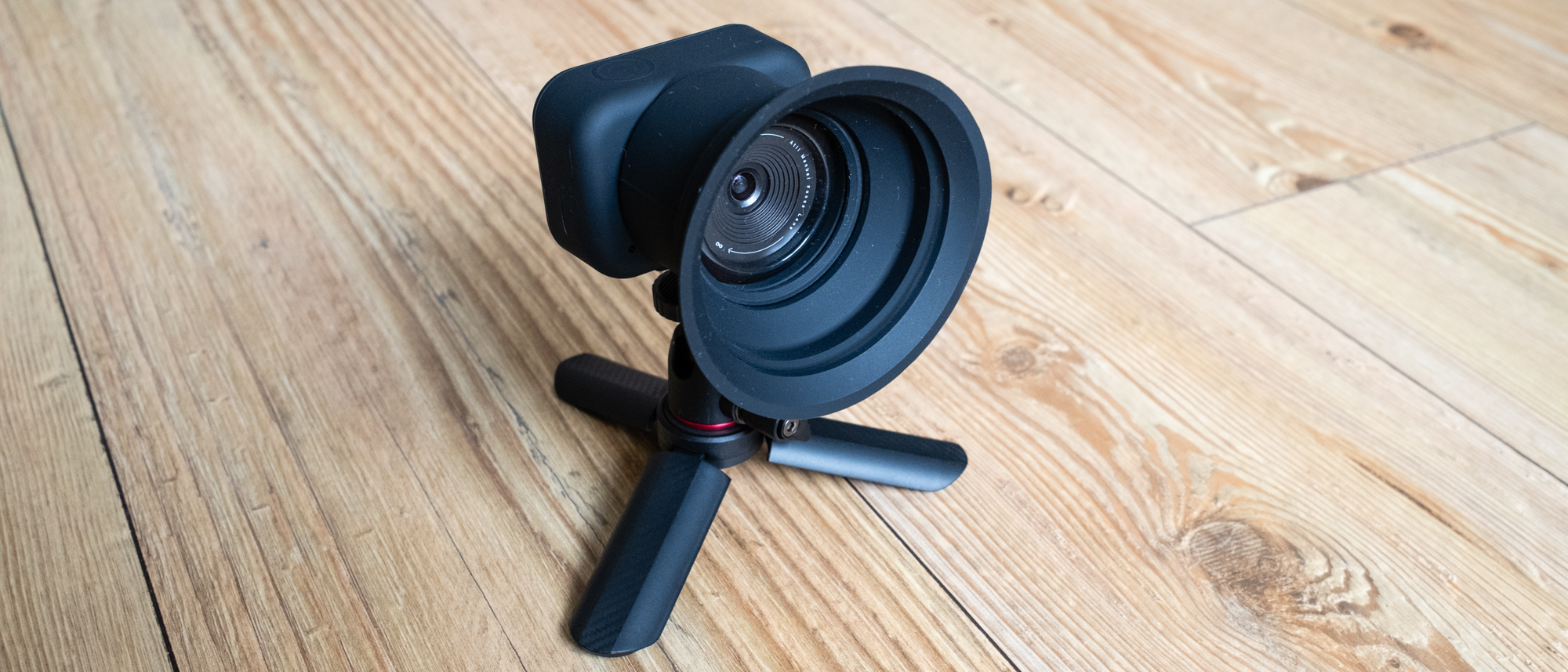TechRadar Verdict
The ATLI EON is an incredibly easy-to-use time-lapse camera that can be used for capturing short and longer timelapse videos using the scheduling feature. Battery life is up to five days in power saving mode, with the ability to use an external power source for shooting over long periods.
Pros
- +
Easy-to-use
- +
Live preview in the app
- +
Can be externally powered
Cons
- -
Time-lapse resolution is only 1080p
- -
White balance presets are slightly too warm
- -
Fully app-controlled
Why you can trust TechRadar
Two-minute review
Shooting timelapse videos doesn’t have to be complicated, and the ATLI EON makes capturing these dynamic videos incredibly easy whether you’re capturing the progress of a construction site, a landscape, a cityscape or even a more intimate scene such as building a model or a flower opening. It’s a versatile camera despite its simple and minimalist design, and that’s part of what makes it so easy to use.
Except for a power button and manual focus ring on the lens, there are no other controls on the camera, including no screen for adjusting settings. This helps to keep power usage low, with only Wi-Fi offering a 5m radius running alongside the camera as it shoots. All controls are accessed through the aTLi Cam app, which shows a live preview as you shoot with the ability to adjust settings during capture.
The ATLI EON is small and lightweight at 2.1 x 2.7 x 1.9 inches / 54 x 70 x 50mm and 4.4oz / 125g with a battery. The kit comes with the ATLI EON camera, a silicone case, and silicone lens hood with a UV filter to make the camera weather-proof, a mini tripod, a tripod riser nut, a 16GB microSD card and a USB cable for using an external power source. The single battery kit costs $169 / £186, while the dual battery kit costs just $174 in the US, making the latter a more attractive option.
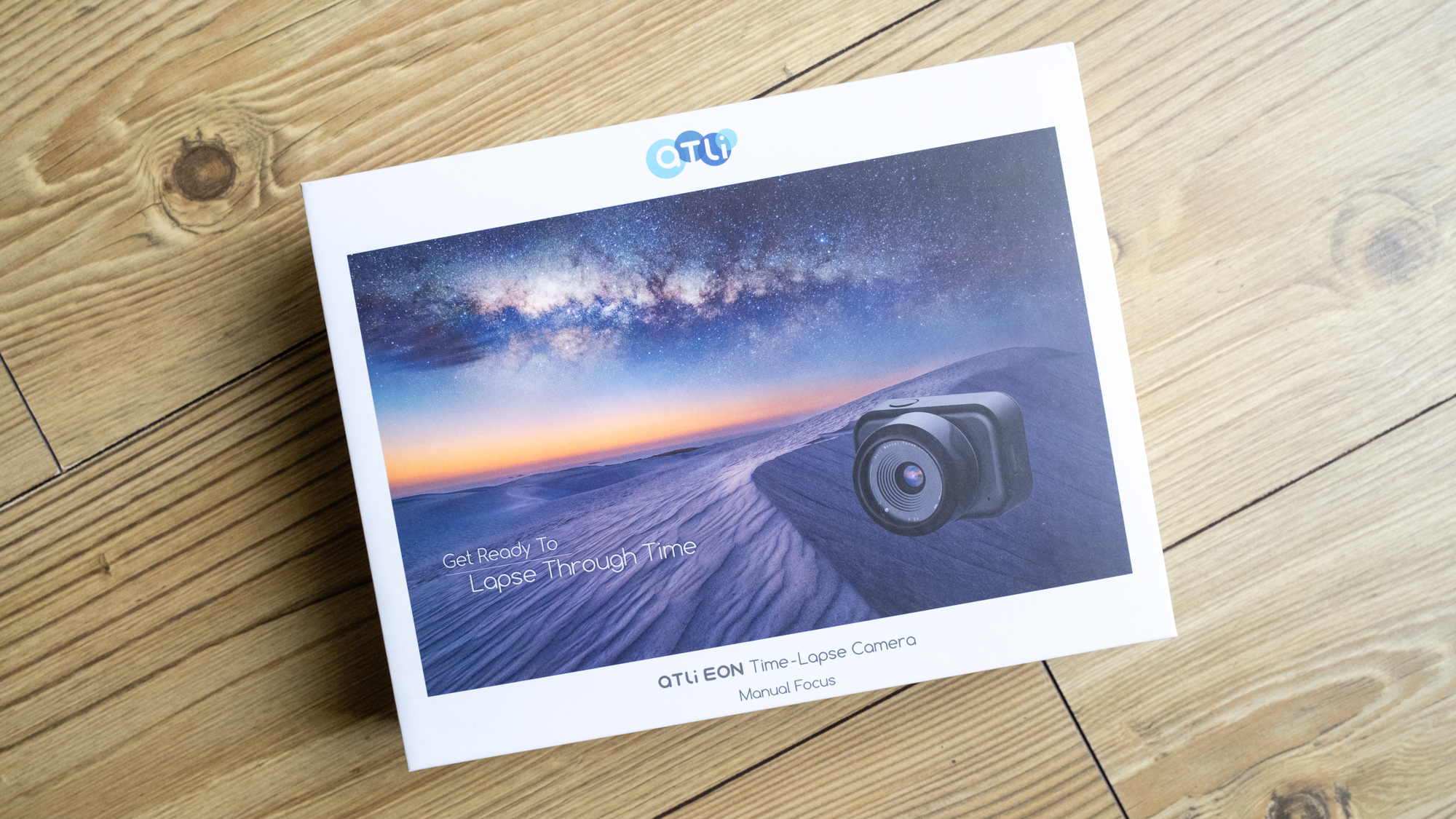
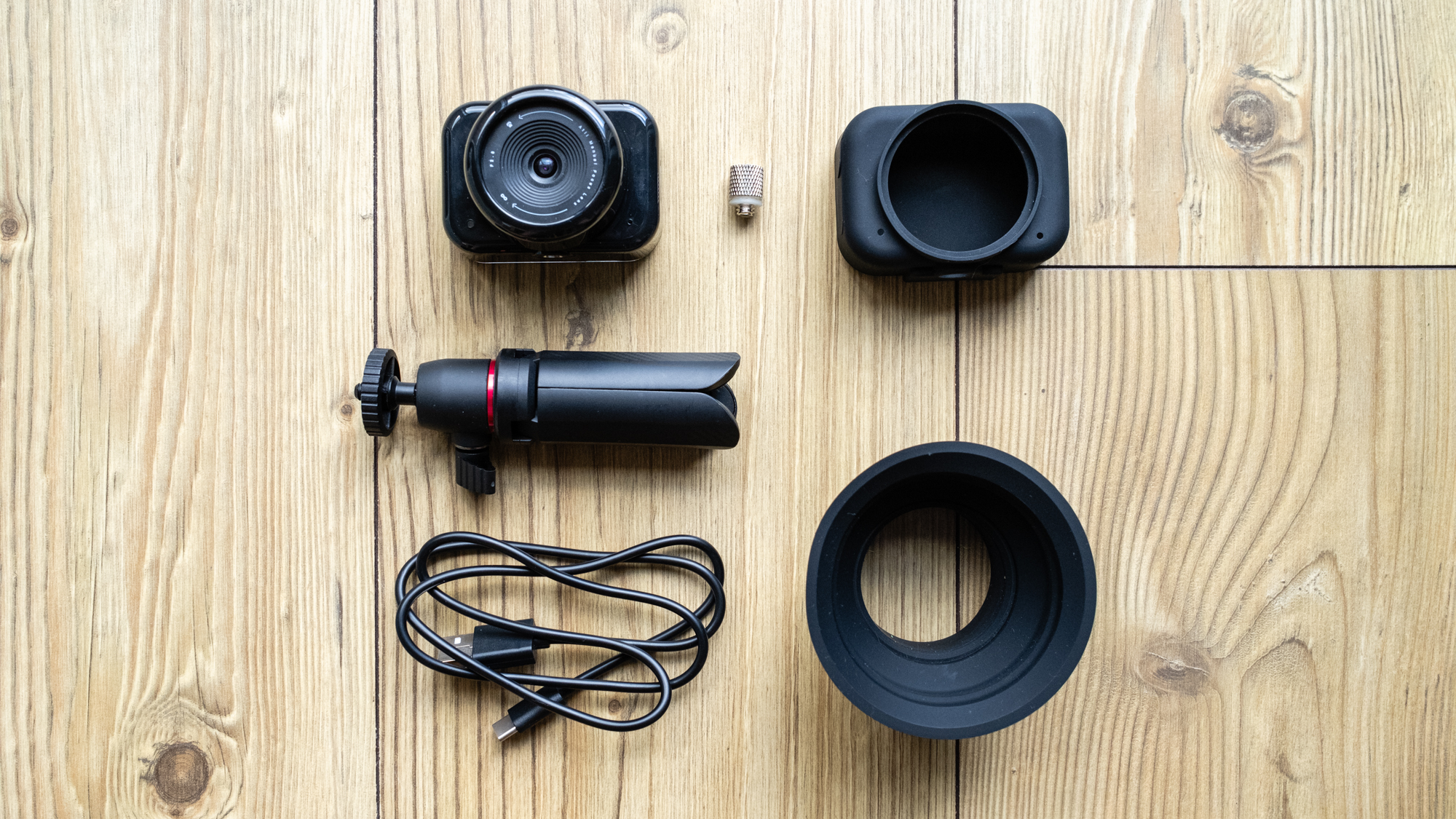
The aTLi Cam app is easy to use, thanks to a simple and intuitive layout that anyone with even a basic knowledge of smartphone cameras will be able to understand and navigate with ease. One quirk of the aTLi Cam app, which is available in the Apple App Store and Google Play store, is that this isn’t the most recent version.
If you install this way, you’ll be directed to the ATLI website from within the app to download the most recent version, so you have to allow your smartphone to install apps from unknown sources. You can also scan a QR code in the instruction manual that will take you directly to the most recent version.
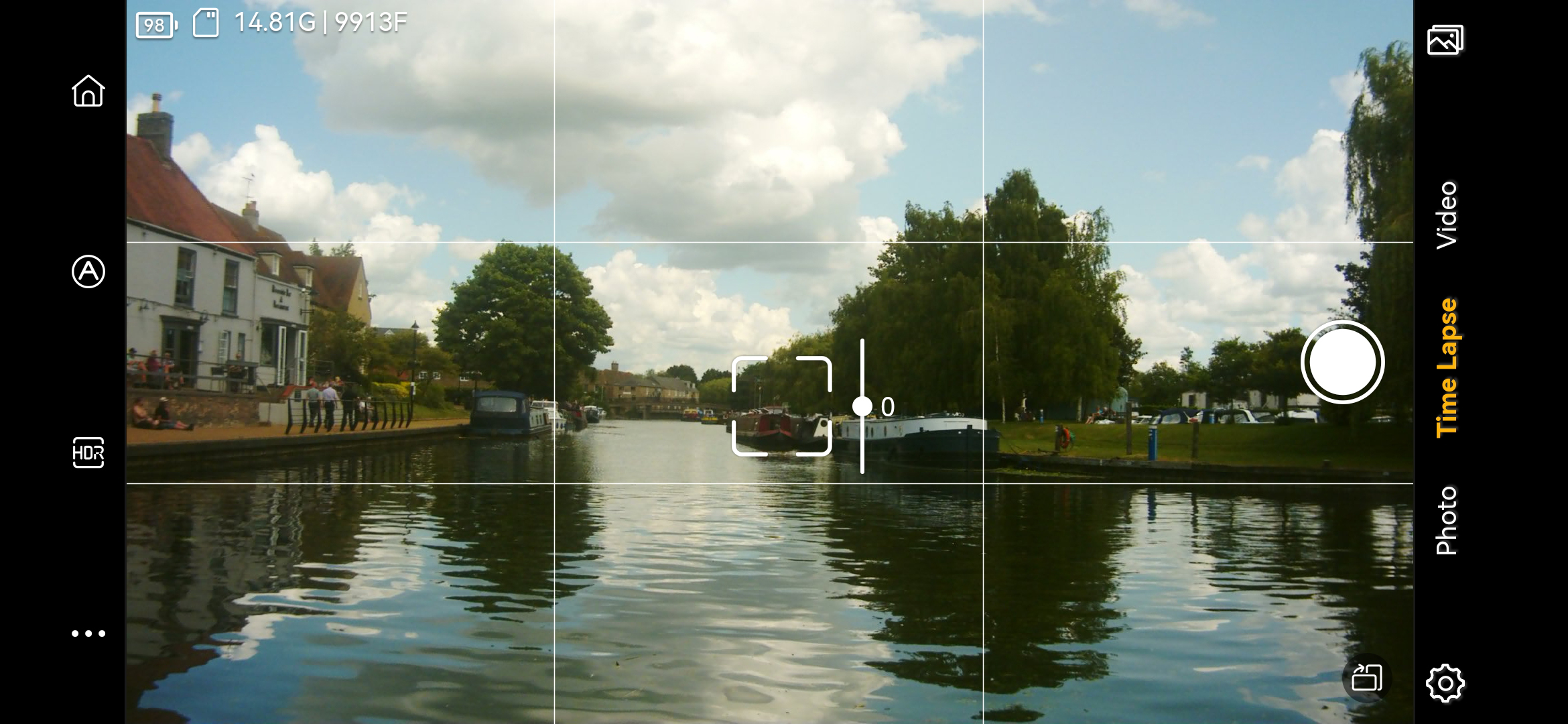
Android users, depending on their smartphone model and the installed Android version, may find that the camera and phone won’t connect via Wi-Fi through the app, even after the camera has been added to the app and shows as being online. When this happens, you simply have to obtain the Wi-Fi password from within the app and manually connect to the ATLI EON WiFi, which works just fine. And once the password has been input, you won’t have to do it again but you have to connect before the app is started.
The ATLI EON can be used for shorter capture periods, or scheduling can be set so that the camera shoots between specified times on chosen days, within the limitations of the battery. There’s also a power-saving mode that will disconnect the camera from the app for shooting over longer periods, which is advertised as providing up to five days of power for longer intervals, or up to eight hours with a one-second interval. Plus, you can attach an external power source such as a USB power bank or a small solar panel via the USB-C connection that’s specifically for this purpose.
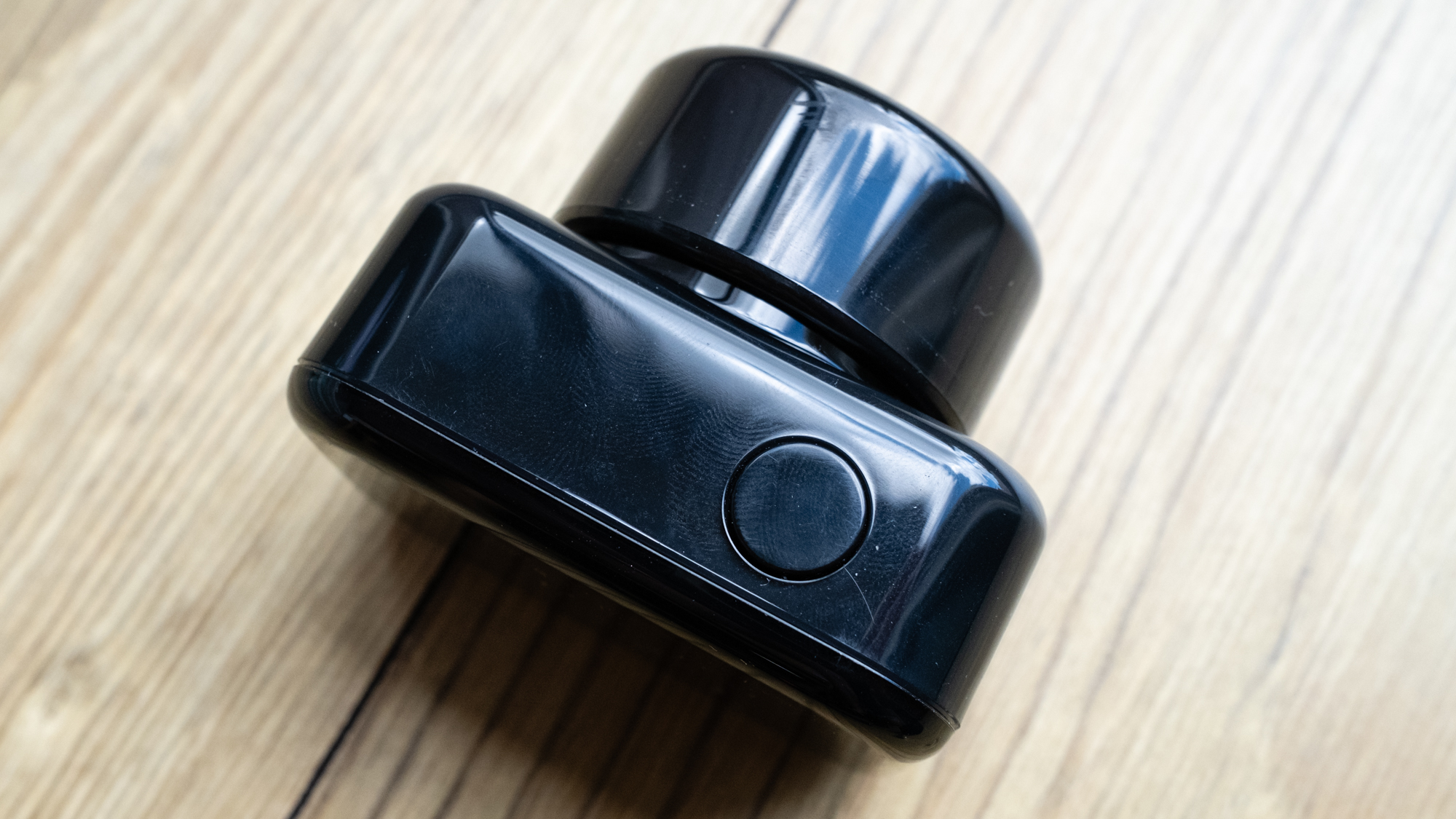
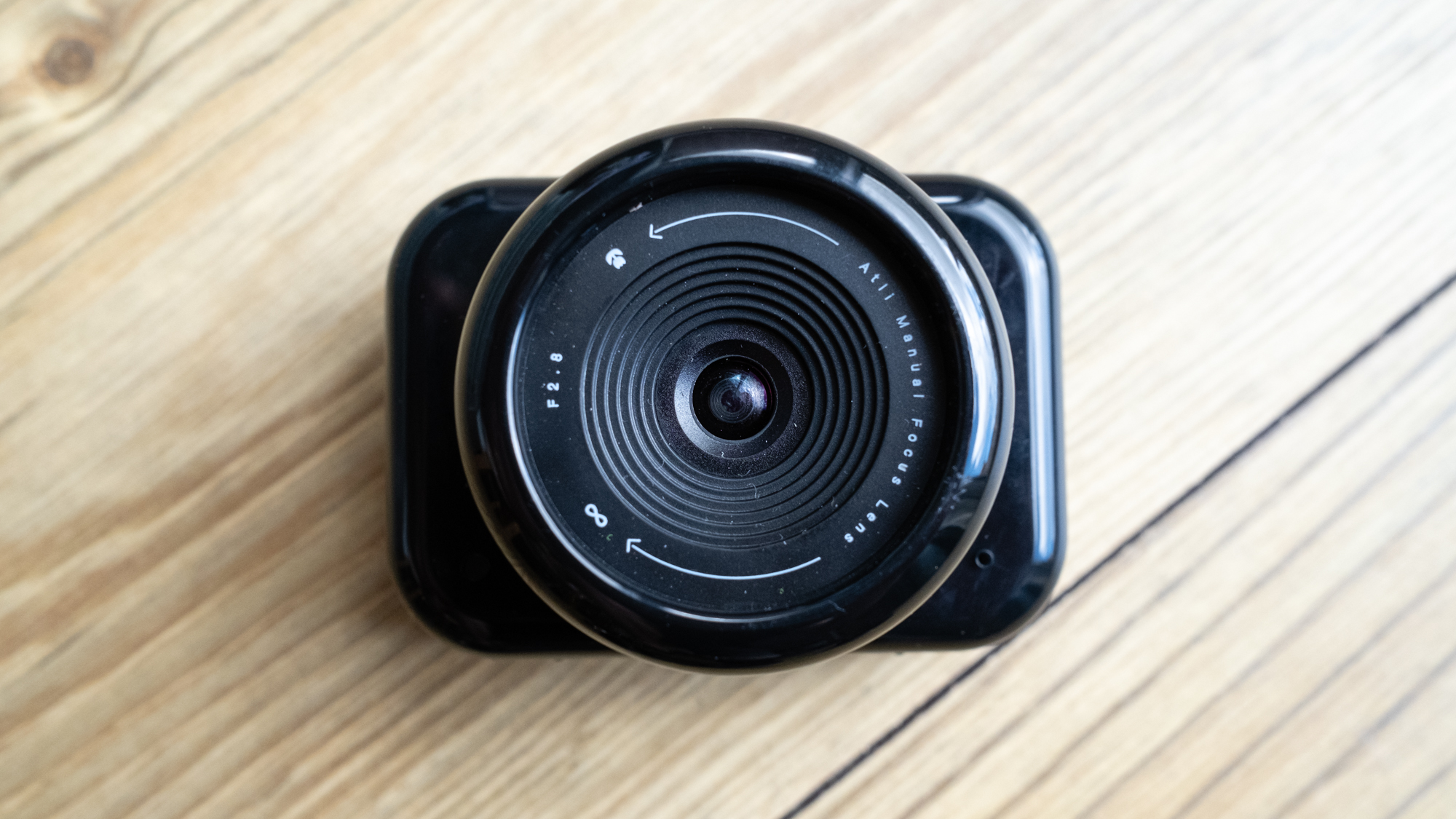
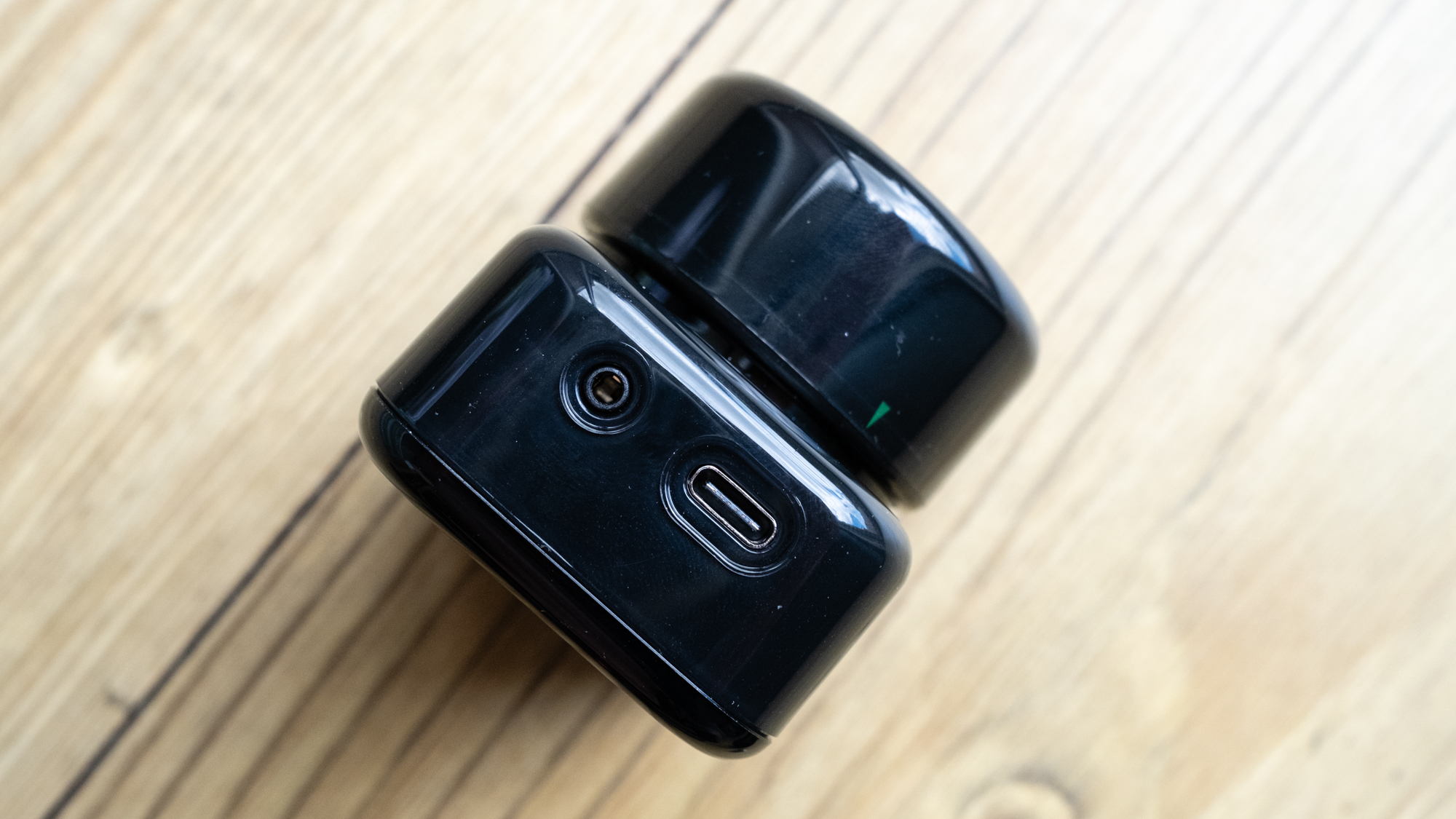
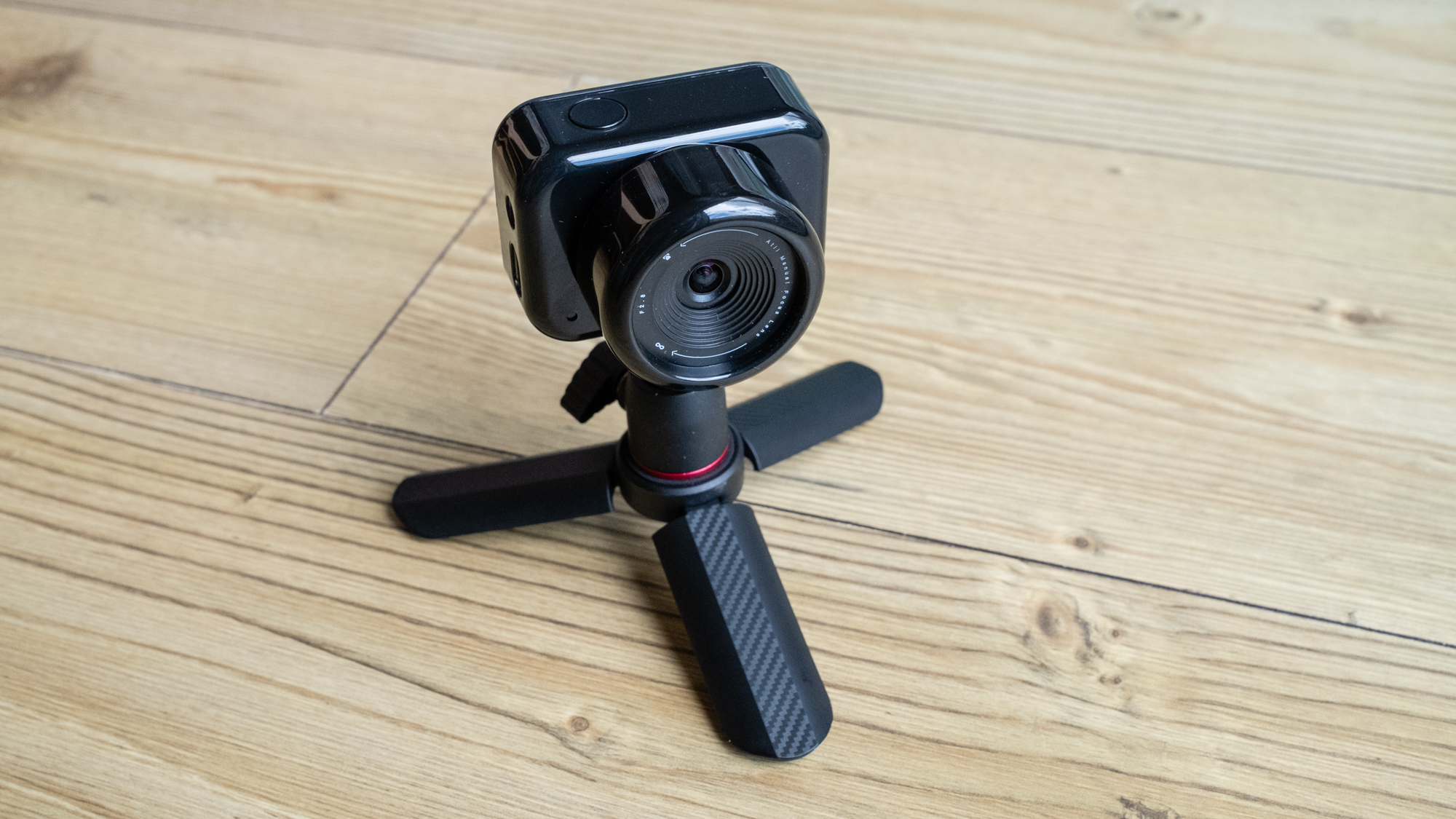
A great feature of this camera is that it offers manual focus between 2.7 inches / 7cm to infinity, so you can capture small and close subjects. There’s also a notch in the focus ring that tells you that you’re focused to infinity, which is ideal for wider scenes. The silicone case and silicone lens hood provide weather resistance, and the hood can be used to remove reflections when shooting through glass.
Other features include the ability to capture photos and videos, alongside a time-slice feature that allows you to select a number of photos that are then split together in a pattern chosen from within the app, allowing you to show the passing of time in a single image. There’s also an infrared mode within the white balance presets that captures timelapses with pink foliage, if you’re looking for a more stylistic approach to capturing time-lapses.
ALTI EON Timelapse
When shooting a time-lapse with an interval between 0.5 sec and 24 hours, you can simply capture a 1080p MP4 video that will be stitched together in-camera in the H.264 codec at 25fps. You can also capture the individual photos as JPEGs, which are larger at 2688x1520px, so 2.7K. It’s annoying that the camera can’t natively create time-lapse videos at 2.7K since it’s capturing photos at that resolution, but on the plus side, you can stitch these into a time-lapse on your computer using time-lapse or video editing software.
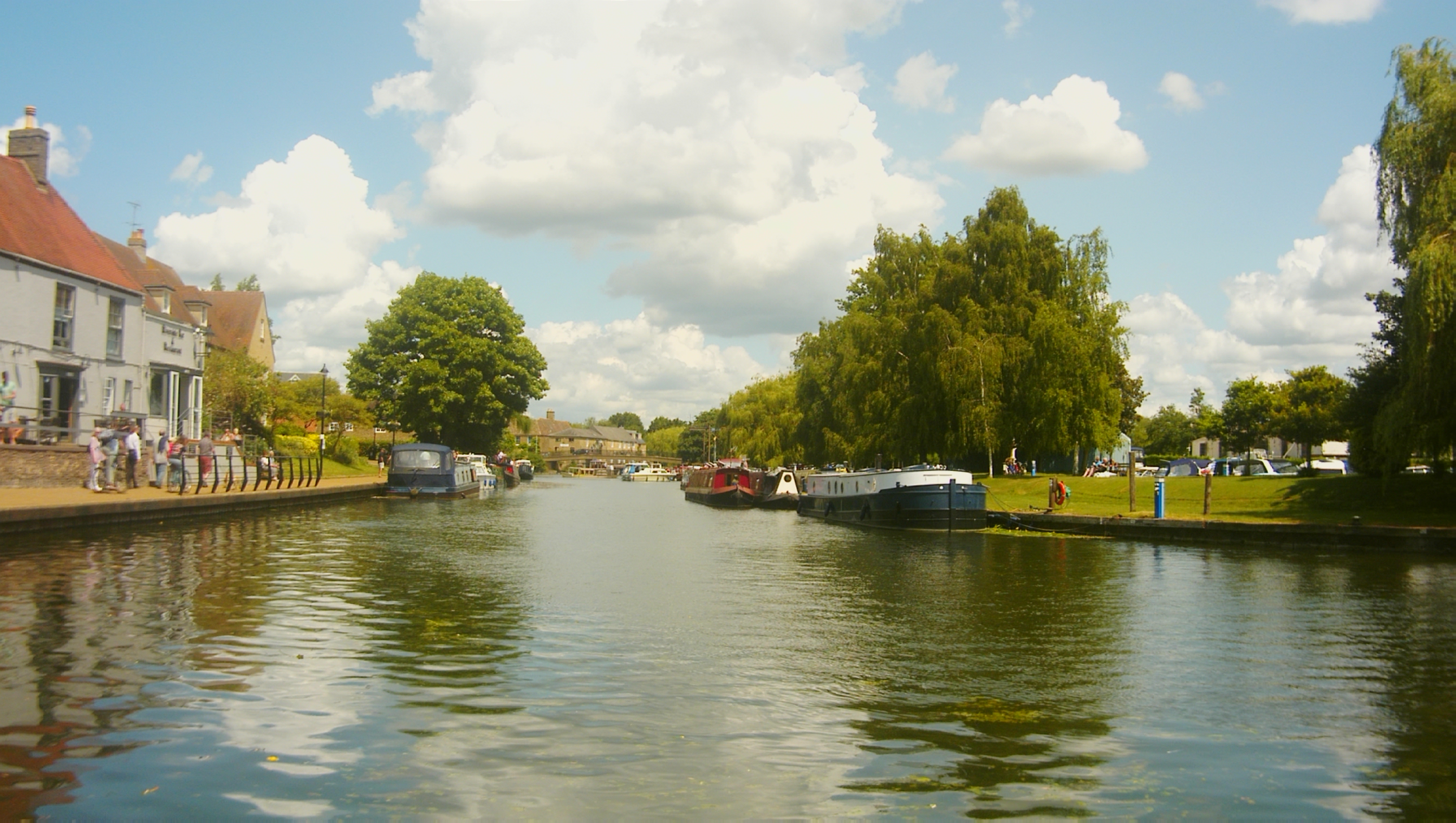
Image quality isn’t as good as even a smartphone, but this is common with small cameras of this type; they’re designed to make capturing time-lapse videos easy with the ability to shoot over long periods when required. That said, image quality is sufficient, although the white balance tends to be slightly too warm when using presets and Auto white balance. There is a manual mode where you can set white balance, ISO and shutter speed manually or leave some settings on auto, with additional control over image sharpness, saturation, contrast and hue. And for more advanced users, this mode yields the best results the camera is capable of producing, including improved white balance.
Should I buy the ALTI EON Timelapse Camera?
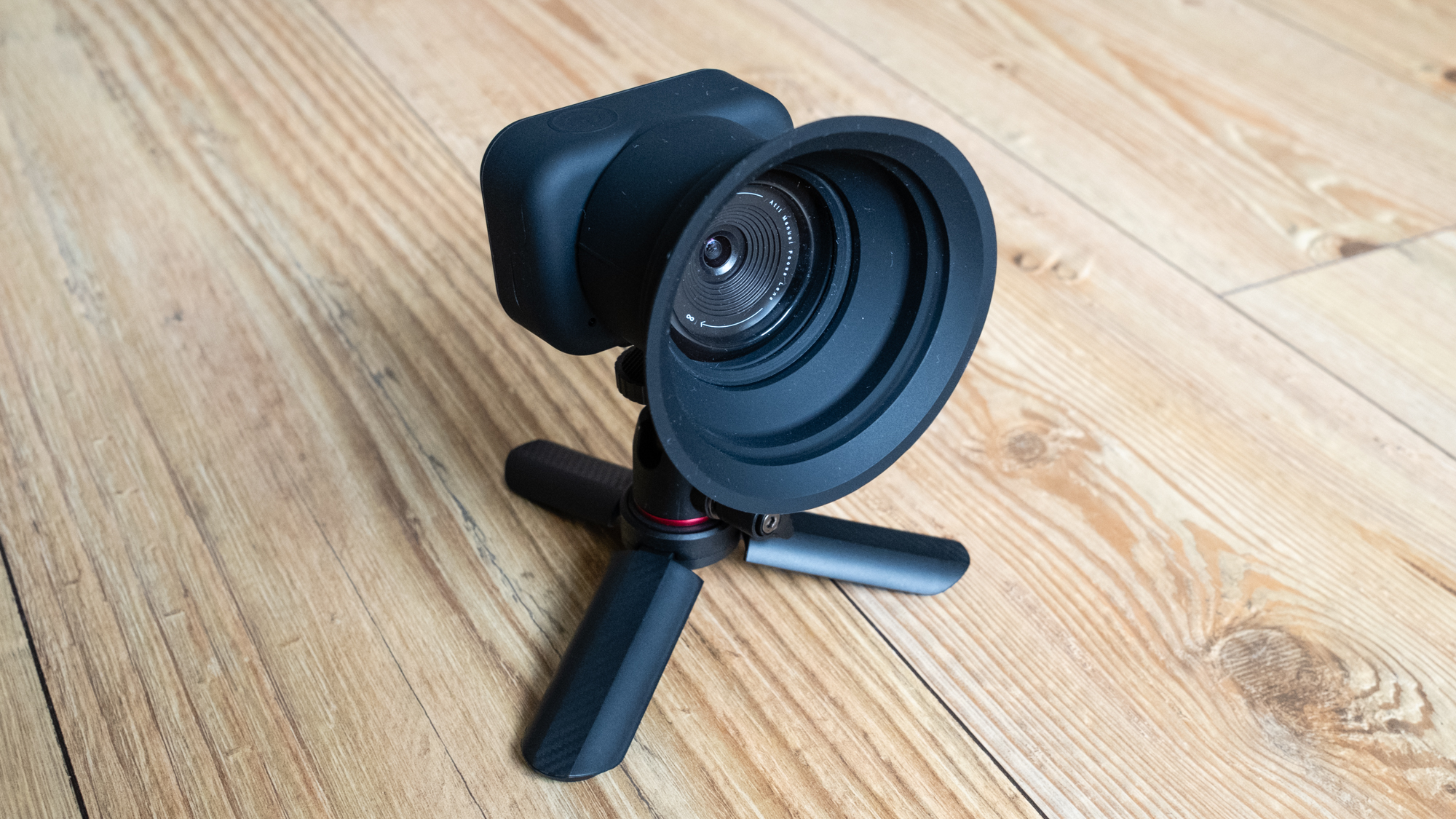
Buy it if...
You’re looking for good value
At just $174 for the dual battery kit, the ATLI EON is inexpensive and comes with everything you need to begin shooting time-lapse videos, except for a smartphone or tablet that you’ll need to control the camera via the aTLi Cam app.
You require simplicity
The camera is incredibly easy-to-use and beginners can take advantage of automated camera settings but with control over exposure compensation, while more advanced users will enjoy better results using manual controls.
You want to shoot close-up time-lapse videos
The manual focusing of the ATLI EON allows you to capture subjects as close as 2.7in / 7cm making it perfect for close-up time-lapse videos as well as wider scenes.
Don't buy it if...
You require professional image quality
If you would like to capture time-lapse videos with the best image quality possible, you’ll have to use a mirrorless camera or a DSLR with an intervalometer, although this approach is more complicated and you won’t be able to shoot over longer periods.
You plan to shoot for extended periods
If you intend to shoot a time-lapse over weeks or months, you can attach an external power source to the ATLI EON, but there are time-lapse cameras available that can shoot for weeks on a single set of batteries, while top-of-the-range professional models can shoot indefinitely.
You require a screen
The ATLI EON doesn’t have a screen for adjusting settings and starting a time-lapse, so you have to use a smartphone connected via WiFi for this. Some time-lapse camera models, such as Brinno models, have a screen for set-up with no need for a smartphone.
How I tested the ATLI EON Timelapse Camera
The ATLI EON was tested over several days in different locations to see how it copes with different weather conditions and environments. The focus of the testing was the time-lapse functionality rather than any other features that may be available, although additional features have been covered in the review.
The time-lapses captured ranged from 30 minutes to several hours depending on the interval frequency. It was, however, impossible to test capture over extended periods, so long-term scheduling functionality was set up and started to test ease of use and reliability.
With nearly 30 years of photographic experience and 15 years working as a photography journalist, I’ve shot many time-lapses using mirrorless cameras and DSLRs, so shooting with a dedicated time-lapse camera was much easier and provided straight out-of-camera videos without the need to process photos and convert them into a time-lapse.
First reviewed June 2023
James Abbott is a professional photographer and freelance photography journalist. He contributes articles about photography, cameras and drones to a wide range of magazines and websites where he applies a wealth of experience to testing the latest photographic tech. James is also the author of ‘The Digital Darkroom: The Definitive Guide to Photo Editing’.
